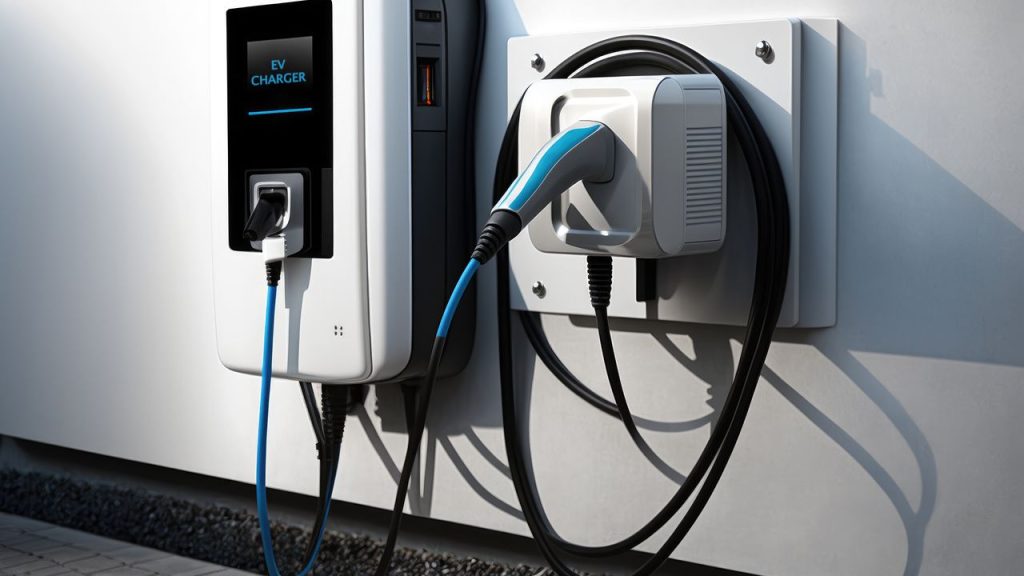EV Charging Platform Analytics: Unlocking the Power of Data
In recent years, the adoption of electric vehicles (EVs) has been on the rise, and with it, the demand for efficient and reliable charging infrastructure. As the number of EVs on the road continues to grow, so does the need for effective management and optimization of charging stations. This is where EV charging platform analytics comes into play, offering valuable insights and data-driven solutions to enhance the charging experience for both EV owners and charging station operators.
The Importance of Charging Platform Data Governance
When it comes to managing an EV charging platform, data governance is crucial. Charging platform data governance refers to the processes and policies put in place to ensure the quality, integrity, and privacy of the data collected from charging stations. It involves establishing clear guidelines for data collection, storage, and usage, as well as implementing robust security measures to protect sensitive information.
By implementing effective data governance practices, charging platform operators can ensure that the data they collect is accurate, reliable, and compliant with relevant regulations. This, in turn, enables them to make informed decisions based on trustworthy insights and analytics.
Unlocking Insights through Charging Platform Benchmarking
Charging platform benchmarking is a valuable tool that allows operators to compare the performance of their charging stations against industry standards and best practices. By analyzing key performance indicators (KPIs) such as charging time, utilization rates, and customer satisfaction, operators can identify areas for improvement and optimize their charging infrastructure accordingly.
Through benchmarking, operators can gain insights into how their charging stations stack up against competitors, enabling them to identify opportunities for differentiation and innovation. For example, if a charging station consistently underperforms in terms of charging time, operators can investigate potential issues and take steps to improve efficiency.
Enhancing Decision-Making with Charging Platform Analytics
Charging platform analytics provides operators with the tools and insights needed to make data-driven decisions. By analyzing the data collected from charging stations, operators can identify patterns, trends, and anomalies that can inform strategic planning and operational improvements.
For instance, analytics can help operators identify peak usage times, allowing them to allocate resources more effectively and reduce wait times for EV owners. It can also help identify underutilized charging stations, enabling operators to optimize their network by relocating or adding stations where demand is highest.
Furthermore, charging platform analytics can provide valuable insights into customer behavior and preferences. By understanding how customers interact with charging stations, operators can tailor their services to meet their needs, whether it’s through offering additional amenities, implementing loyalty programs, or improving the overall user experience.
Conclusion
As the EV market continues to grow, the importance of effective charging platform analytics cannot be overstated. By implementing robust data governance practices, leveraging benchmarking techniques, and harnessing the power of analytics, charging platform operators can unlock valuable insights that drive operational efficiency, enhance the charging experience, and contribute to the overall growth and sustainability of the EV ecosystem.


